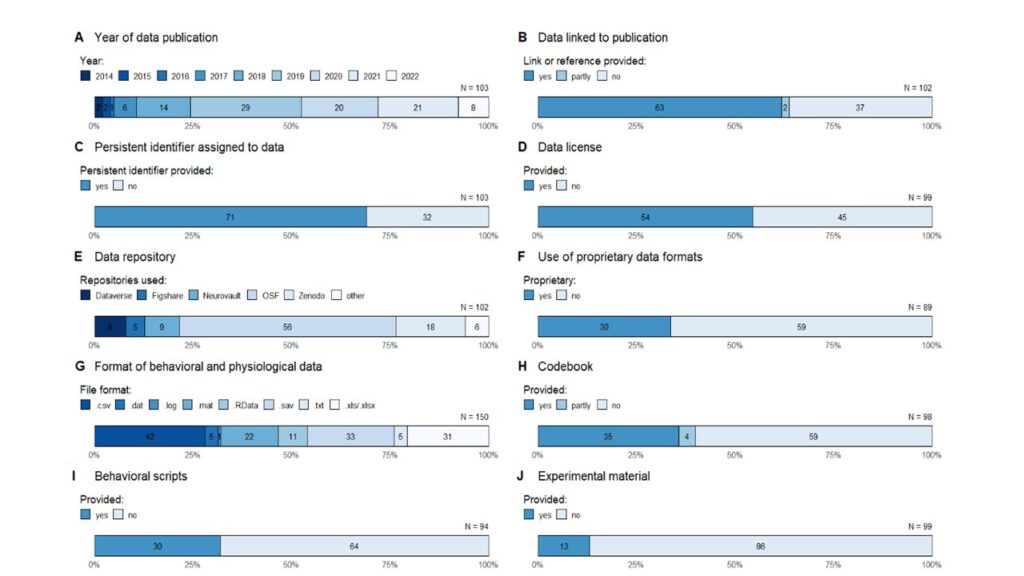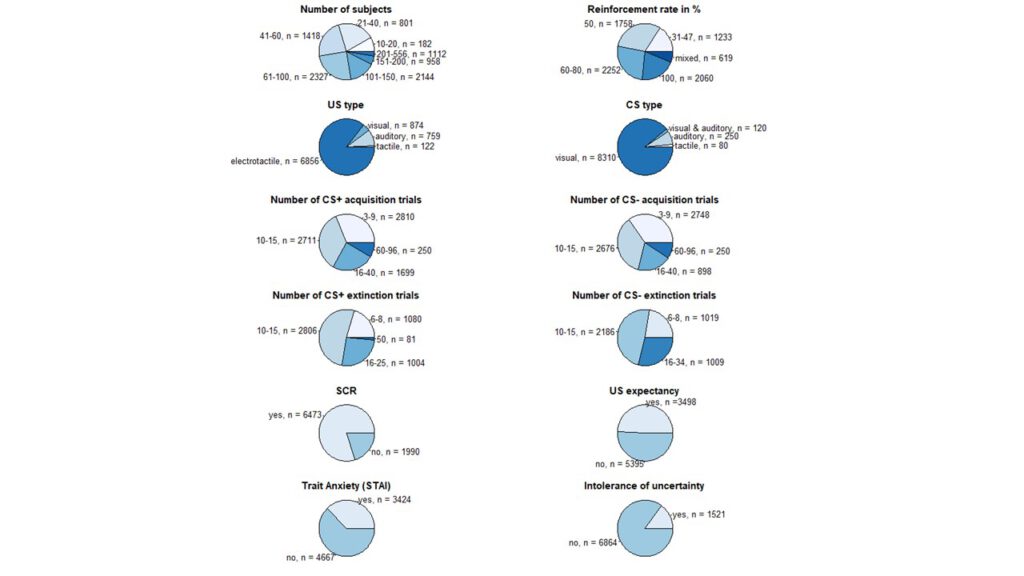Transparent and Reproducible Science
(1) Interest group on Open and Reproducible Science (IGOR)
Recently, an Interest group on ‘Reproducible and Open Science’ (IGOR) has been founded by members of the Section Biopsychology and Neuropsychology of the German Psychological Society (DGPs). Tina serves as the deputy spokesperson for IGOR together with Gordon Feld (Spokesperson). In 2020, IGOR has organized two virtual panel discussions on topics related to “Open and reproducible Science in Biological Psychology” which you can find here:
06/2020
Open data in Biological Psychiatry planned as a panel discussion at the annual meeting of the Section Biopsychology and Neuropsychology of the German Psychological Society (DGPs) – called PUG (Psychology und Gehirn). Unfortunately, the meeting, was cancelled due to the COVID-19 pandemic, but the panel discussion was held virtually as an isolated event.
(2) META-REP: A meta-scientific program to analyze and optimize replicability in the behavioral, social, and cognitive sciences
Tina is part of the five-member programe committee of a Priority Program that was newly funded by the German Research Foundation (DFG): “META-REP: A meta-scientific program to analyze and optimize replicability in the behavioral, social, and cognitive sciences” (SPP 2317). The Priority Program is coordinated by Mario Gollwitzer (LMU Munich). The DFG has publish an open call in summer 2020 and project proposals are currently being reviewed by the DFG. Stay tuned.
(3) Transparent and reproducible work flow @lonsdorflab
The lab is establishing transparent and open science practices including pre-registration of new projects, sharing data and code (whenever feasible) and transitioning to fully reproducible manuscript writing (so far the lab has published 4 fully reproducible manuscripts written in R markdown and you can do the magic to generate the manuscript from our data and code in your console). Please bear with us while we slowly and steadily establish these new routines, make mistakes on the way and (try to) do better next time. Changing routines is no walk in the park. We often discuss these topics as well as meta-research topics in our weekly lab meetings. We have organized work-shops on these topics at the Institute of Systems Neuroscience where the lab is located:
Codebooks
2020
Automatic generation of codebooks though the R package ‘codebook’ by Ruben Arslan
reproducible mansuscript wirting
2021
Reproducible manuscript writing using R markdown, git and container
(4) Field specific meta-research
The lab is interested in and performing field-specific meta-research – mostly focusing on psychophysiological methods or topics of experimental fear and anxiety research. We give our best to do this in a constructive and future-oriented way.
Recent examples include:
Lonsdorf, T. B., Klingelhöfer-Jens, M.,Andreatta, M., Beckers, T., Chalkia, A., Gerlicher, A., Haaker, J.,Jentsch, V., Meir Drexler, S., Mertens, G., Richter, J., Sjouwerman, R.& Wendt, J. & Merz, C. J. (2019) Navigating the garden of forking path for data exclusion in fear conditioning research. Elife, e52465
(5) An inventory of open data in fear conditioning research – the FEAR BASE consortium
We are currently working a curated data collection (see this preprint) and living, dynamically growing and homogenized database of publicly available data in fear conditioning research aiming a) to provide an overview on the status quo of data sharing and to enhance future findability and re-usability of publicly available data-sets. This will facilitate future meta- and mega-analyses as well as cummulative knowledge generation and allow for an efficient use of the limited resources in research. Please do not hesitate to reach out to Tina if you are intersted in more details or in contributing. The consortium project has been first presented at the EMHFC meeting in 2021!


(6) Publicly available talks and poster presentations
The lab has recently started to publicly share slides for talks, recordings and poster presentations, which you can find on the OSF.
